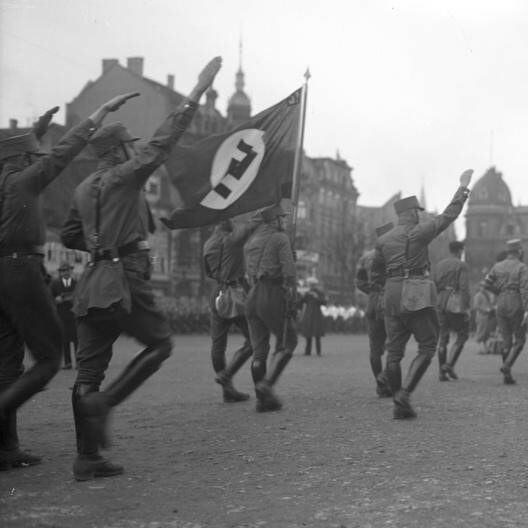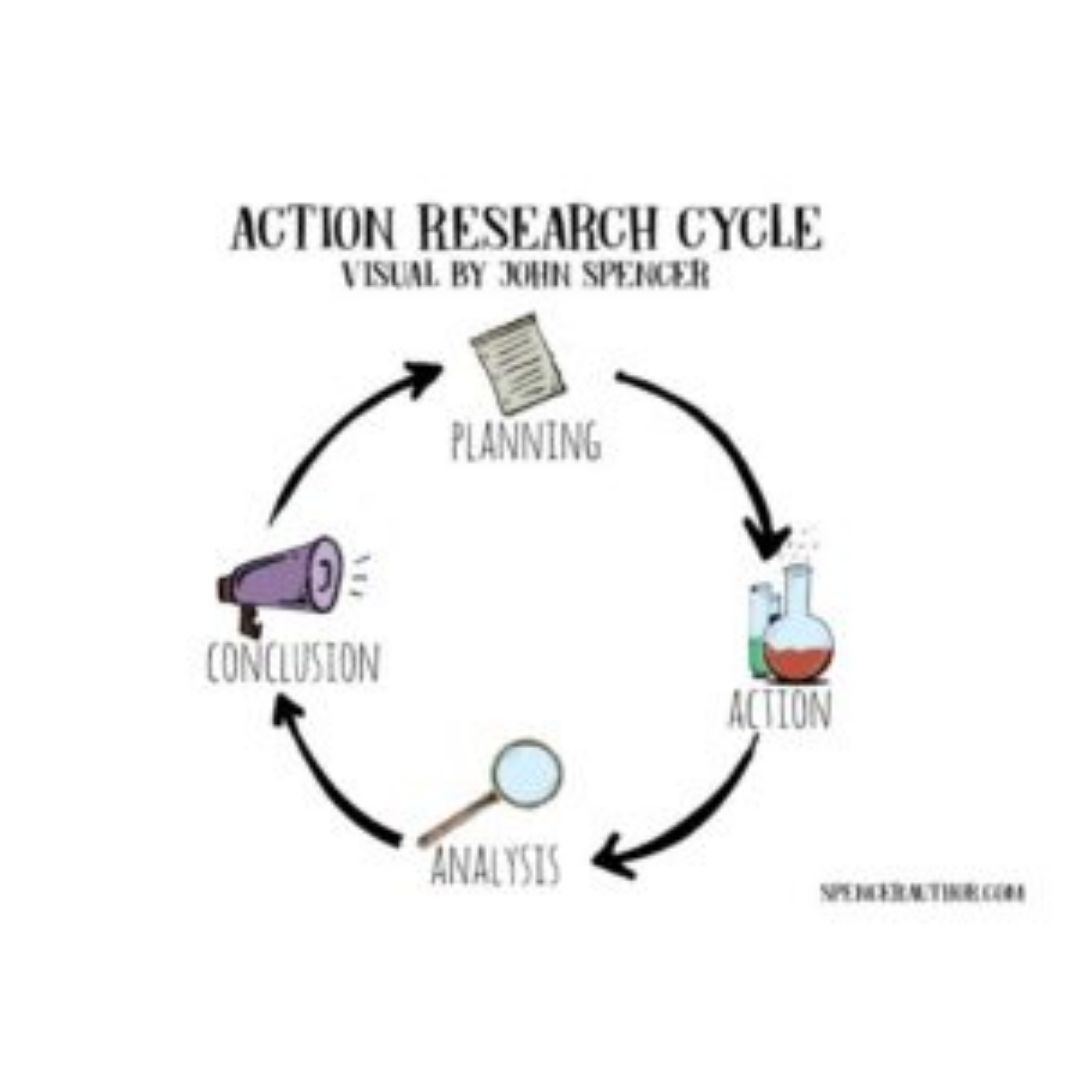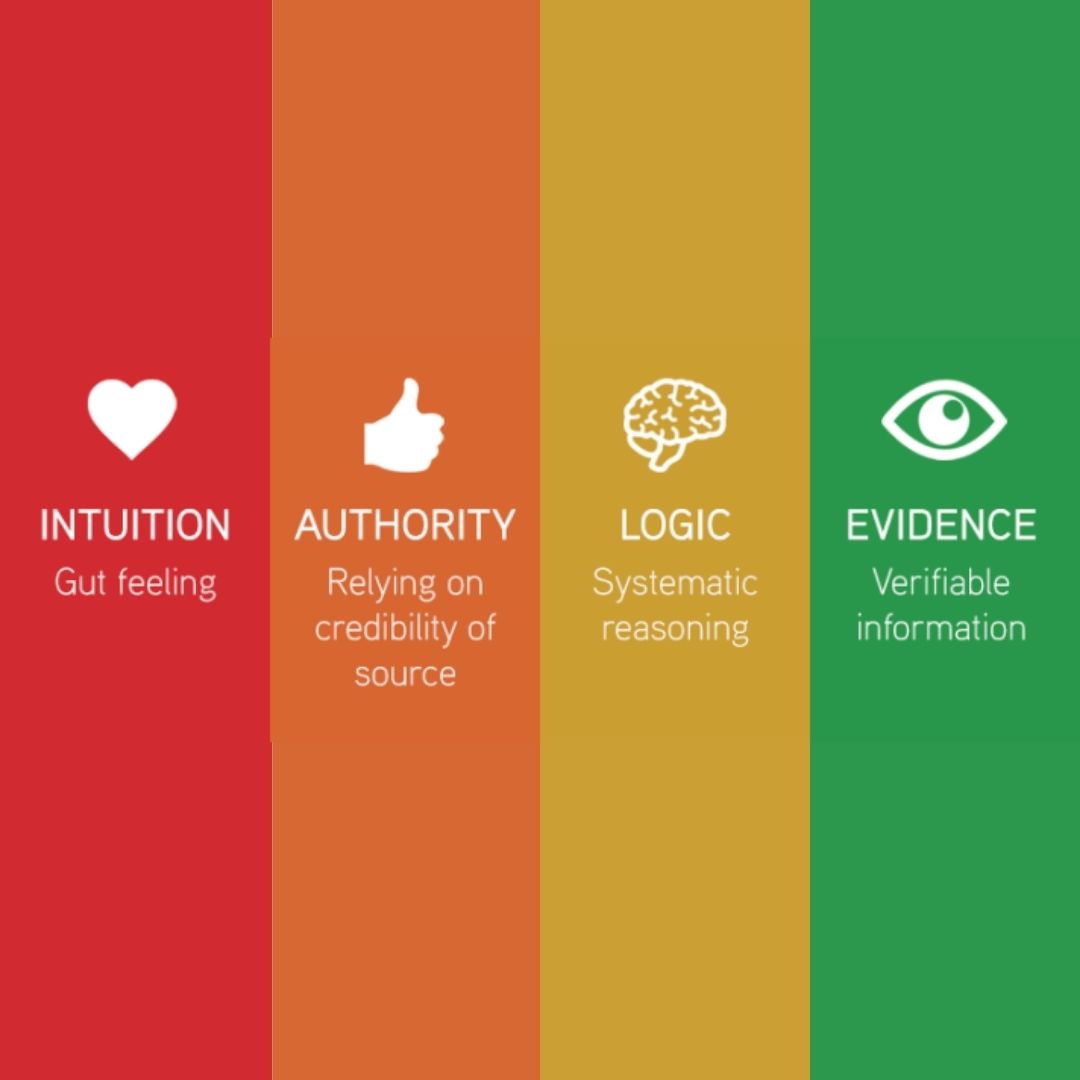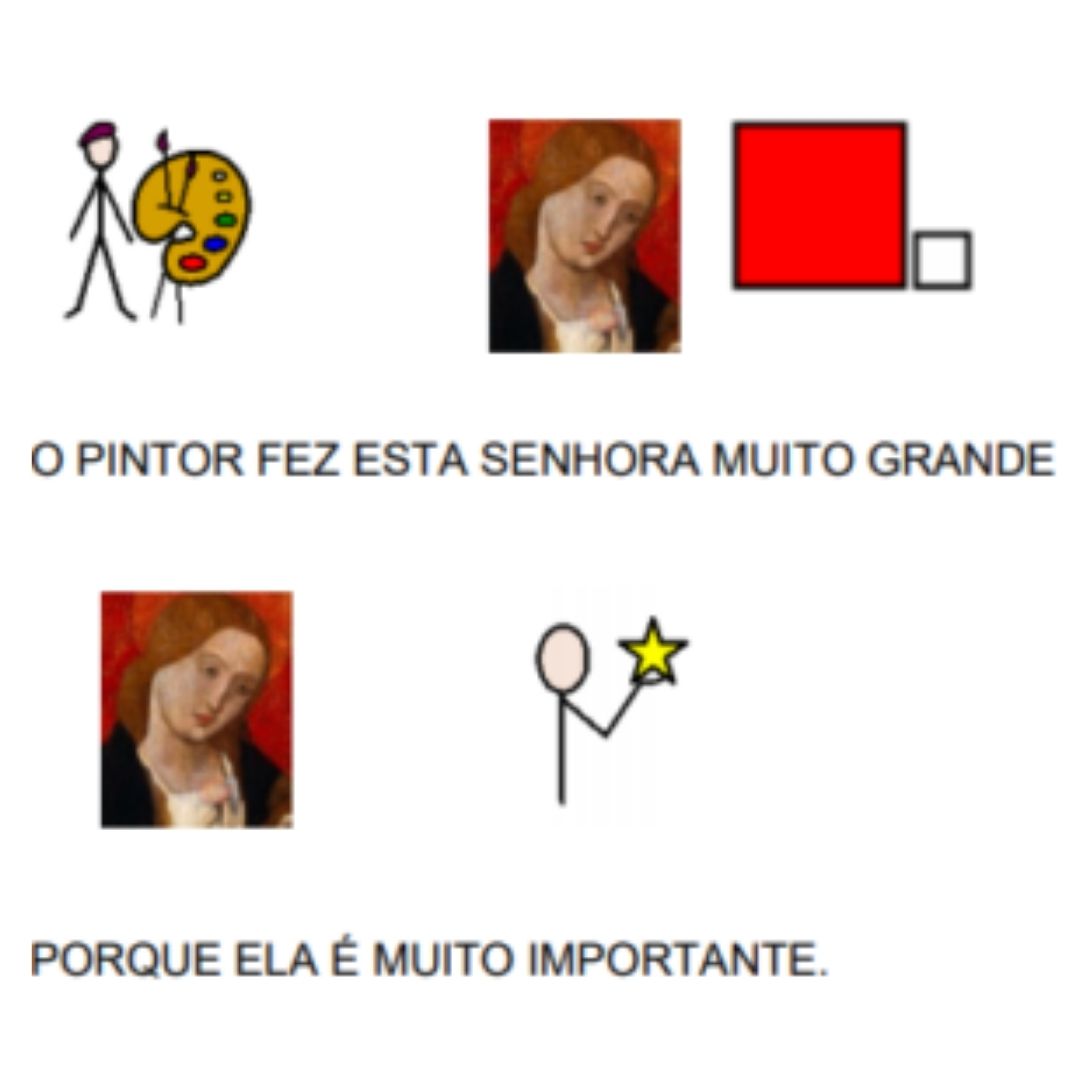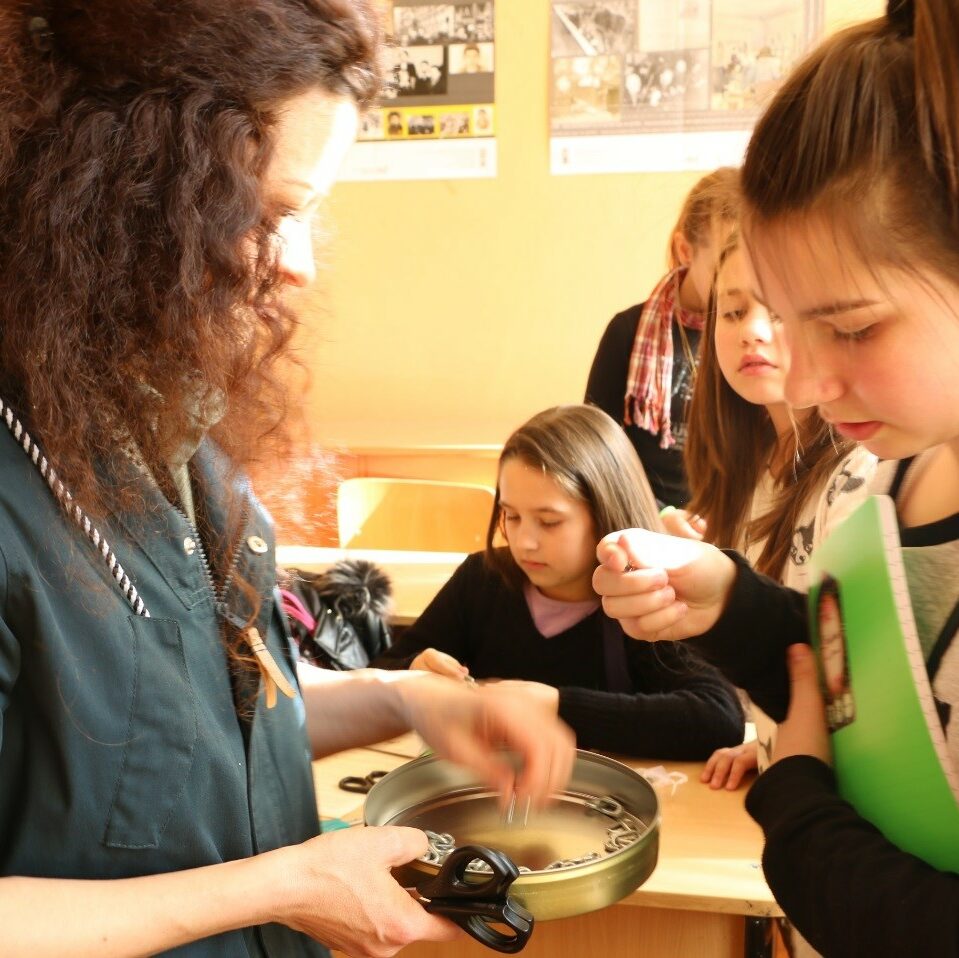Teachers on Teaching
This research was made as part of the project ‘ePact: Education Partnership for Advocacy, Capacity-Building and Transformation’ which aim is to contribute to sustaining the democratization process and enhancing conflict sensitivity in the Western Balkans through reforms and implementation of changes in the formal schooling system that will intensify democratic education. The project strives to achieve that education authorities and civil society jointly reform education and schools in the region to enhance critical thinking and active citizenship. These two competencies are key drivers of all forms of development, but particularly of the development of a vibrant civil society that is ready to protect and defend democratic values, gender mainstreaming, environmental protection and a culture of non-violent conflict resolution.
To translate this general idea into more concrete aims, this research wanted to find out
Reforming and implementing changes in the formal schooling system that will intensify democratic education
Reforming education and schools in the region to enhance critical thinking and active citizenship
To contribute on the macro level to sustaining the democratization process
To enhance conflict sensitivity in the Western Balkans
The regional Needs Assessment study were conducted by researchers Dea Marić and Rodoljub Jovanović, focusing on a range of issues including:
• Study programmes for history educators
• Employment and professional development
• Curriculum and textbooks
• Teachers’ roles and skills
• Schools
• Teaching Practice / Everyday teaching
• Dealing with difficult topics
Read the reports here:
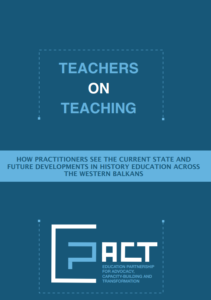

Helping all student answer challenging questions about the causes of historical events and developments

Action Research: projects as active methods to develop civic skills

How do we decide what we believe? – Helping students learn how to question beliefs and test claims to become more (self) critical and evidence based in their thinking

Augmentative Communication: the creation of visual vocabularies as a support in the study of works of art

The Other, The Different, The Identical

